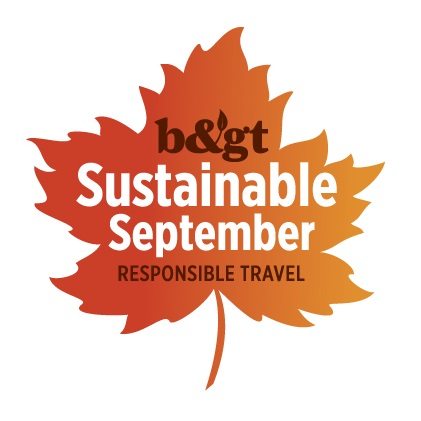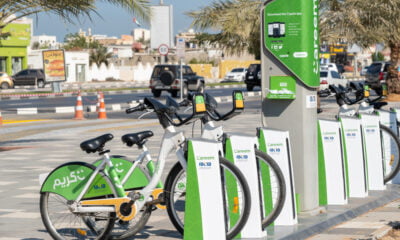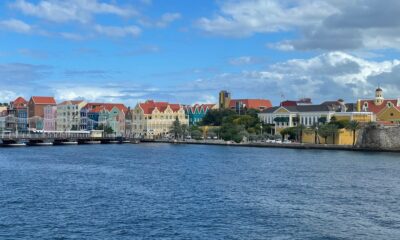

Economy
Sustainable September debate: growth in tourism is undesirable – arguments for
Over the next two weeks, we’ll be previewing the four debates taking place during Sustainable September – Blue & Green Tomorrow’s month-long celebration of sustainability – and outlining some of the arguments for and against each motion.
With tickets on sale in June and a full schedule released in the coming weeks, Blue & Green Tomorrow readers are invited to register their interest to attend any of the four debates – as well as the full-day sustainability conference in the final week of September.
The first event taking place is an evening debate on tourism. Four yet-to-be-confirmed speakers will argue for and against the motion, “Growth in tourism is undesirable: it is rarely economically or environmentally ‘good’.” Read arguments against the motion here.
For the first time in 2012, a billion tourists crossed international borders – a massive jump from the 25 million who did so annually in the 1950s. This growth is expected to continue, with 1.6 billion international tourists by 2020 and 2.6 billion by 2050.
In an article for the Guardian last year, Conscious Travel founder Anna Pollock described mass international tourism as “utterly unsustainable“. She said many travellers “remain in denial that the [tourism] industry is based on a finite and limited supply of attractions, or accessible places rich in scenic beauty or culture“.
Pollock called for alternative tourism models, arguing that hosts should see their destinations as places of beauty that need to be protected, and their travellers “not as mere units of consumption, but as guests seeking to be healed and transformed“.
Away from the social or cultural impacts of tourism growth, the Department of Transport estimates that demand for flights will increase by 1% annually until 2050. With that comes a series of environmental challenges – few of which are bigger than climate change.
Transport, in all its forms, accounts for around a quarter of global carbon dioxide emissions, with aeroplanes a big contributor. Flights are becoming cheaper and therefore more accessible, and with the move towards the widespread use of low-carbon biofuels seemingly a long way off, emissions from air travel are only set to go up.
Tourists also consume more resources than the average person in that country. The expected growth in international travellers is set to be matched by a growth in the world’s population more generally, putting further stress on energy, food and water.
In a paper called Sustainable Development and the Case Against Tourism, Angela Tam writes, “Tourists consume far more water than locals, through the facilities provided for their comfort and enjoyment. They take long showers or bathe, sit in jacuzzis, dip in swimming pools, play 18 holes of golf. They also bring with them bad habits like brushing their teeth or shaving with the tap running while the locals in a slum nearby have so little water to go on they can only afford a wipe every few days.”
The Sustainable September debate, which you can register your interest for here, will explore this subject in-depth. But in the meantime, why not tell us what you think on social media? Follow Sustainable September on Twitter (@SustSept), Facebook (facebook.com/sustsept) and through the dedicated LinkedIn group.
On Wednesday, we will explore some of the arguments against the motion.
Read arguments against the motion.
Further reading:
Introducing: Sustainable September






























